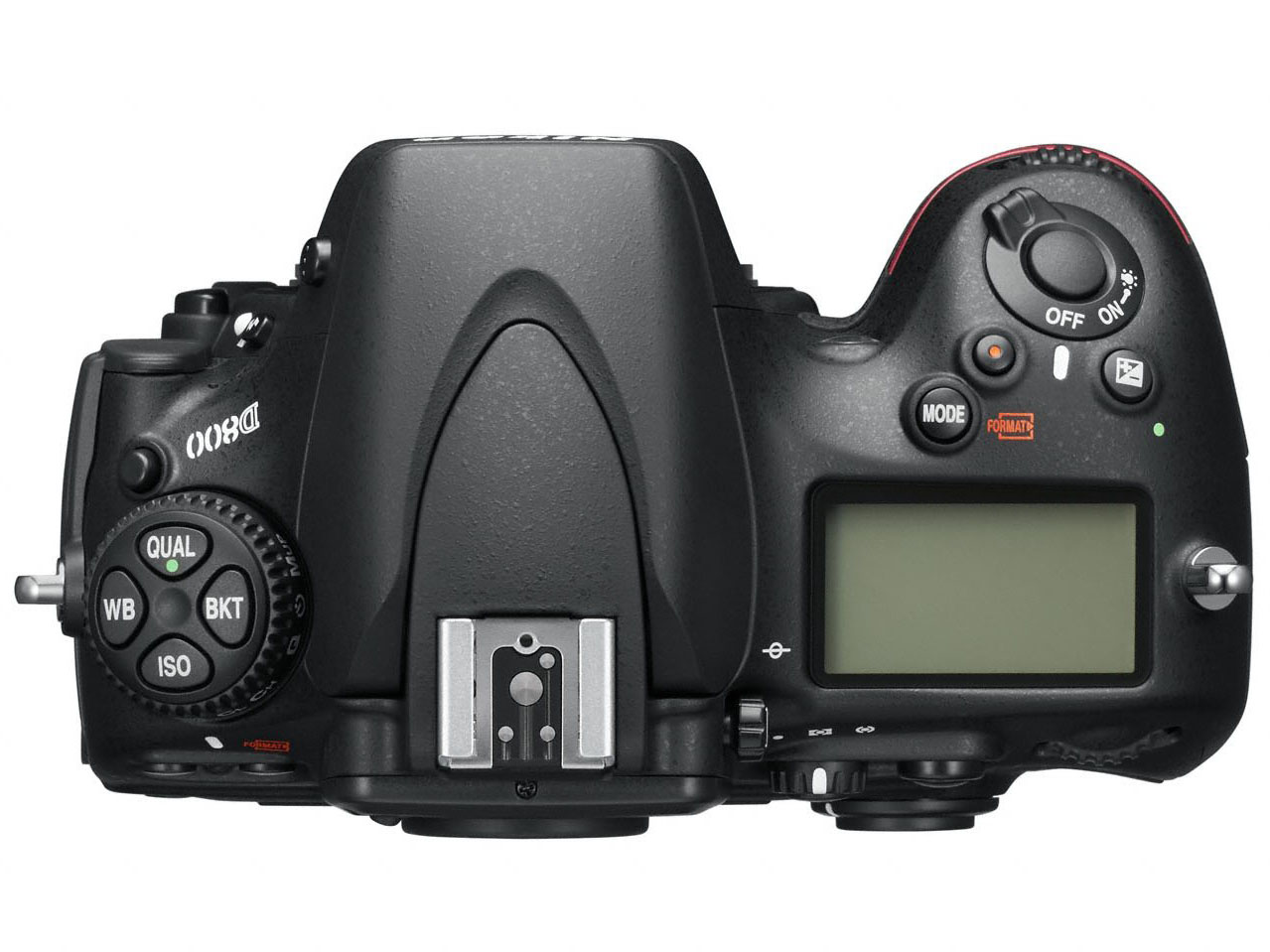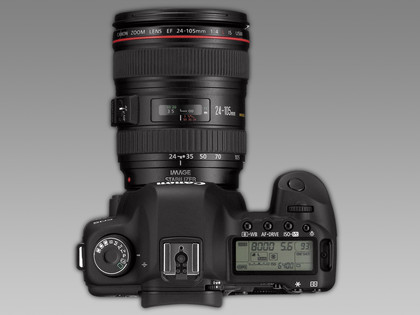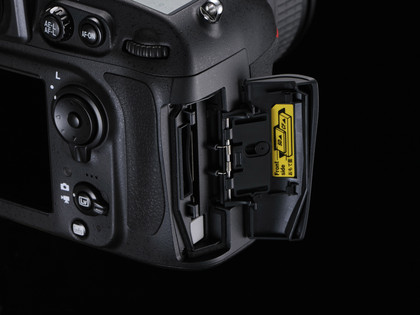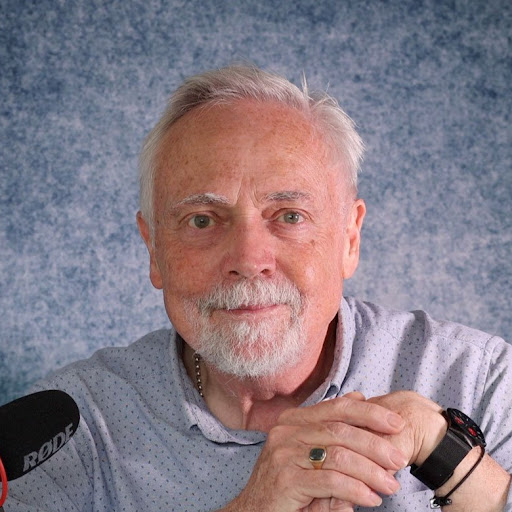Nikon D800 vs Canon EOS 5D Mark II
Full-frame cameras battle it out

Sign up for breaking news, reviews, opinion, top tech deals, and more.
You are now subscribed
Your newsletter sign-up was successful
With Nikon finally unleashing its D800 semi-pro full-frame DSLR on the market, Canon users are left wondering when an upgrade to the much loved 5D Mark II will be appearing.
In the meantime, could the impressive specs on board the Nikon D800 potentially be enough to kill off its biggest rival? Of course, the 5D Mark II is older, so you can expect some specs to be easily beatable, but there's plenty of rumours circulating about the 5D Mark III (or 5D X as it may also be called)... so how do they match up?
Have a look in our Nikon D800 vs Canon EOS 5D Mark II/III head to head.
Read our Hands on: Nikon D800 review
Resolution

The EOS 5D's 21 million pixel resolution was amazing when it was launched and was still pretty good right up until, let's see, round about February 7th. But the D800's 36 million pixels leave the Canon for dead, and unless the rumours about the 5D Mark III's unchanged 21 megapixel resolution are wrong, Canon's in trouble.
Video
On paper, there's not much in it since both shoot full HD video and a procession of firmware updates has kept the 5D ahead of the game. But the D800 steams in with multiple frame sizes for different focal length and depth of field effects, a 60p/50p 1280 x 720 slo-mo mode, clean, uncompressed HDMI output and the thing videographers have been screaming for in a D-SLR - an audio jack for monitoring sound while filming.
Autofocus
Once, the 5D Mark II's antediluvian 9-point AF system (plus 6 Assist AF points) must have seemed all right, but the D800's enhanced Multi-CAM FX3500 unit has 51 AF points, with 15 cross-type sensors. It can now focus down to a light level of -2EV and it still offers 11 AF points even with lenses with a maximum aperture of f8. Current EOS 5D Mark III rumours predict either 19 AF points, like the EOS 7D, or the EOS-1Dx's 61-point system, but even that can't match the D800's low-light/small aperture AF capabilities.
Sign up for breaking news, reviews, opinion, top tech deals, and more.
Metering
If you don't place much faith in pseudo-intelligent multi-pattern metering systems, you won't mind that the EOS 5D Mark II works from just 35 zones. Even so, the D800's brand new 91k-pixel metering sensor sounds impressive. It can even detect human faces when you're using the viewfinder, not live view, and it feeds into the D800's Advanced Scene Recognition System to make metering even more foolproof. Canon did usher in a new 100,000k-pixel sensor with the Canon EOS 1DX, though.
Memory card slots

The 5D Mark II takes a Compact Flash card. That's it. The D800 has two card slots, one for CF (UDMA 7 compatible) and one for SD/SDHC/SDXC, and you can use them for extra capacity, backups, one for JPEGs and one for RAW and so on. Two slots (and two formats) are better than one.
Medium-format quality
There's more to medium-format than pixels - the sensor size makes a major difference too. But the D800 takes a step closer with a variant called the D800e where the anti-aliasing filter is removed. It's standard practice for medium-format cameras and it makes ultra-fine detail even sharper, though you will need to use software filters to remove moire effects in shots with fine, regular patterns, like fabrics.
Pricing and availability
The D800 is £2,400 while the EOS 5D Mark II can be found for around £1,700, but that's because it's an older camera that's being discounted. What's significant is that the EOS 1D X costs more than the D4, so if that pattern is repeated, the EOS 5D Mark II replacement will cost more than the D800. And we still don't know when it's going to get here...
Rod Lawton is NPhoto's Technique Editor, so obviously he's biased towards Nikons. Except that he's spent the previous ten years reviewing every camera under the sun, and has always regarded the EOS 5D Mark II as a landmark camera, so maybe he's not biased after all...
----------------------------------------------------------------------------------------------------

Rod is an independent photographer and photography journalist with more than 30 years' experience. He's previously worked as Head of Testing for Future’s photography magazines, including Digital Camera, N-Photo, PhotoPlus, Professional Photography, Photography Week and Practical Photoshop, and as Reviews Editor on Digital Camera World.